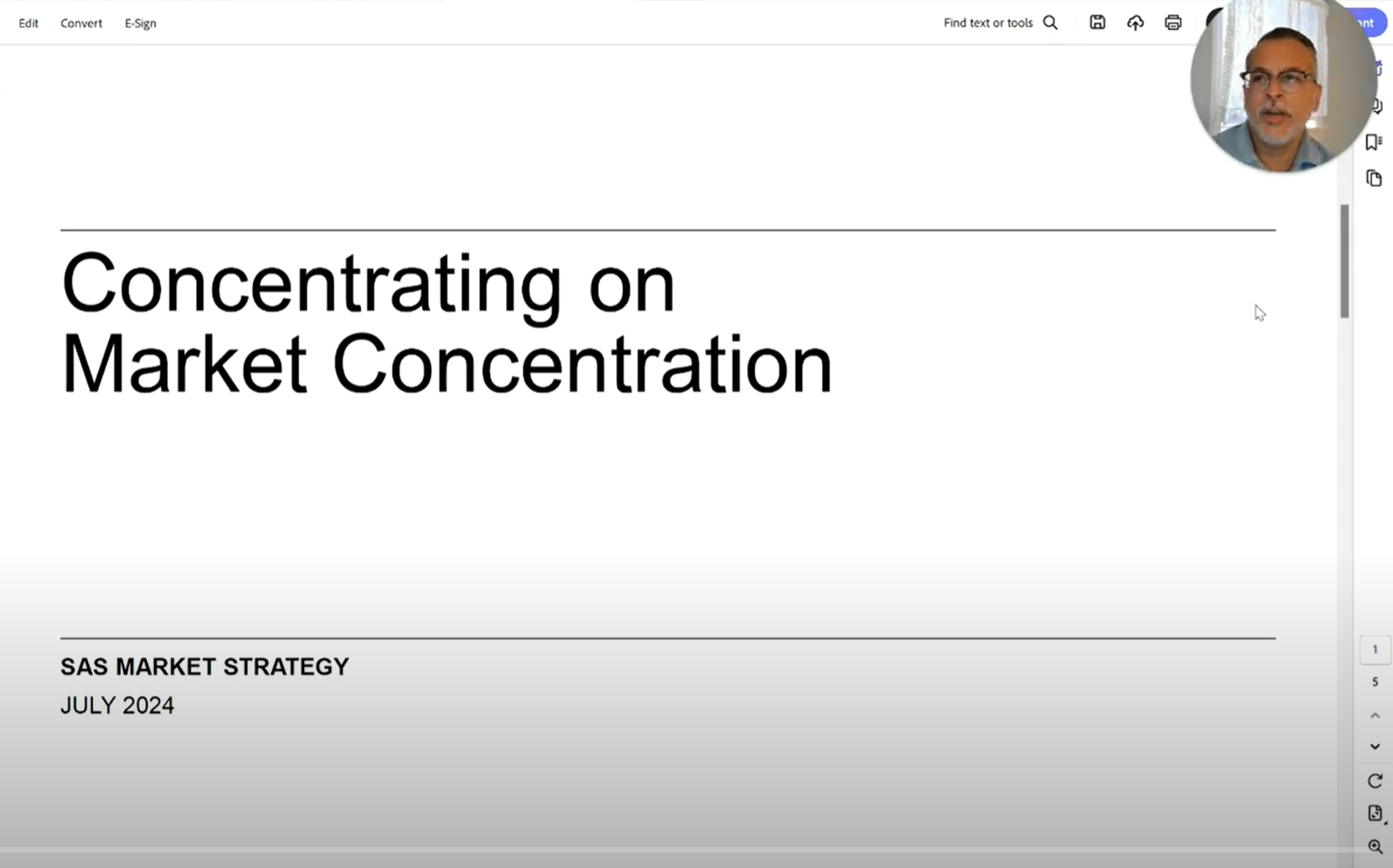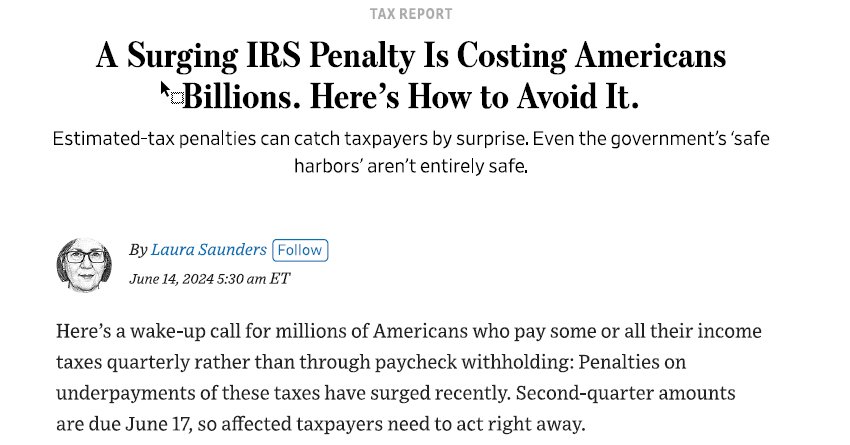This Guest Blog Post was written by Vinicius “V” Hiratuka, founder of Elevated Retirement Financial Services (https://elevatedretirement.com/). V is an amazingly talented CPA & CFP® who we have been fortunate to collaborate with over the past few months. We hope you will be hearing more from V in the months ahead. Below, V addresses recently proposed rules affecting Required Minimum Distributions(RMD’s) and highlights planning strategies that help reduce the potential tax burden that comes due when RMD’s begin.
Tax Planning and New Proposals for Required Minimum Distributions
Earlier this year, we discussed the highlights of the SECURE Act, which was passed by the House of Representatives almost unanimously and is currently stuck in Senate with an uncertain destiny. One of its provisions would change the start date of required minimum distributions (“RMDs”) from retirement accounts from age 70 and ½ to age 72.
More recently, the IRS issued new proposed life expectancy tables for calculating RMDs from IRA and employer plans, which increase life expectancies factors used for RMD calculations, resulting in lower required minimum distributions for account owners (new factor is 29.1 at age 70, up from 27.4). Current tables have been issued back in 2002 and have not been updated since! If all goes as planned, the new tables would be used for calculating 2021 RMDs.
These proposals, if passed, would be good news for retirees. Why? A later start date means more time for use of tax planning strategies and higher life expectancies mean smaller RMDs each year.
What negative impact can RMDs have?
First, let’s clarify who is not impacted by RMDs. For account owners that are already taking distributions from their retirement accounts to fund their lifestyle above their RMD amounts, there is no negative impact.
However, for account owners that do not need the money from their RMDs because they fund their lifestyle from other income sources, RMDs can have a costly impact (potentially thousands of extra dollars each year), especially for people with large tax-deferred account balances. Here are a few ways we’ve seen RMD’s negatively impact people’s taxes:
- Pushing ordinary income into higher ordinary income tax brackets
- Pushing capital gains into higher tax brackets
- Triggering the Net Investment Income Tax, an additional 3.8% tax on net investment income.
- Increasing taxable portion of social security benefits.
- Increasing monthly Medicare premiums on parts B and D
- Phasing out of deductions such as 20% deduction for owners of flow-through businesses
- Phasing out of tax credits
Tax Planning for the impact of RMDs
There are effective tax strategies that can be used to mitigate the potential negative impacts of RMDs.
Strategies before RMDs begin:
- Contribute to a younger spouse’s tax-deferred account first
- Take needed withdrawals from older spouse’s account first
- Maximize bond allocation of portfolio to tax-deferred accounts (preferably to an older spouse’s account first)
- Reduce future RMD obligations through extra withdrawals or roth conversions while in a lower tax bracket (Roth accounts are tax-free and do not take RMDs)
Strategies after RMD’s start:
- Contribute some or all the RMD to a younger spouse’s IRA or 401(k) plan
- Maximize bond allocation of portfolio to tax-deferred accounts (preferably to an older spouse’s account first)
- Give all or a portion your RMD to charity via qualified charitable distributions
- If still employed, roll IRA funds back to employer retirement plan
The new proposed regulations, if passed, will be beneficial for owners of tax-deferred accounts; however, it is already possible to minimize the impact of looming large RMD’s through proactive, strategic tax planning. To achieve great results, it is important to begin planning years before RMDs even start and create accurate tax projections each year to ensure any strategies used don’t have unintended consequences.
Vinicius “V” Hiratuka, CPA, CFP®
Vinicius, who goes by “V,” founded Elevated Retirement Financial Services out of a deep care for people’s financial lives in retirement. Building meaningful, constructive relationships with his clients and providing sound financial advice is what he enjoys most about his work. Elevated Retirement Financial Services is a fee-only financial planning firm located in Madison, MS and delivers financial planning, tax planning, and investment management to people nearing retirement or already retired. Prior to launching Elevated Retirement Financial Services, V worked as a financial advisor in the wealth management department of a regional CPA firm. At the CPA firm, he operated at the intersection of tax and finance to provide wisdom and advice to high net worth individuals, high income individuals, and business owners.
V was born and raised in Brazil and moved to the United States in 2005. He obtained his undergraduate degree from Mississippi College and completed his graduate studies at Vanderbilt University. He is a NAPFA-Registered Advisor, a Certified Public Accountant and Certified Financial Planner™, and a member of the Financial Planning Association and the XY Planning Network. He enjoys playing soccer, serving his church, reading, and spending time with his family and close friends.













